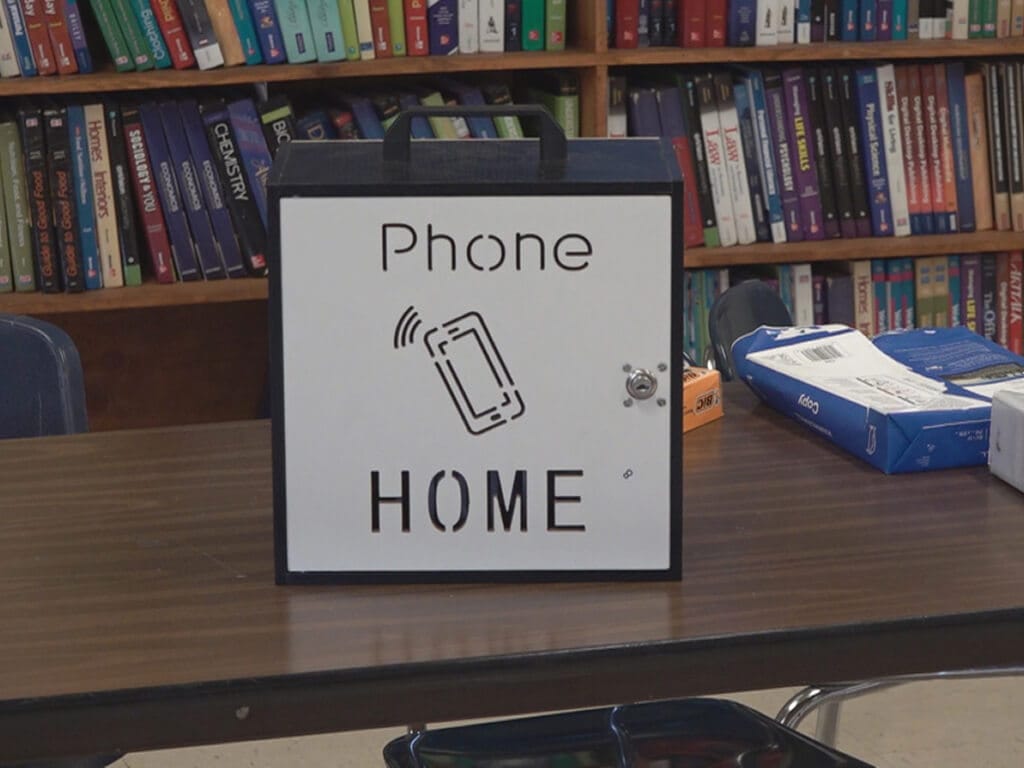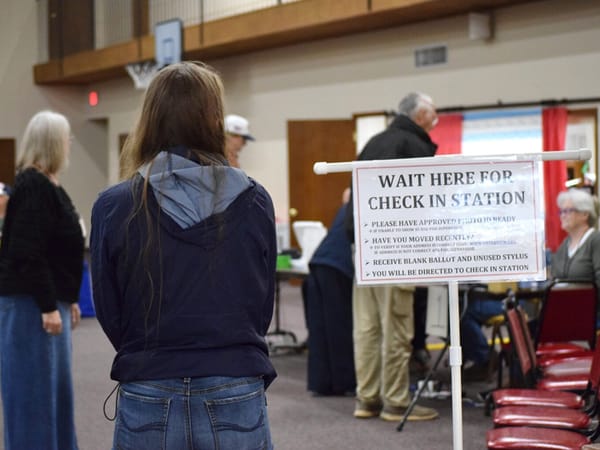No Phones in Arkansas Schools as Statewide Ban Takes Effect
Arkansas bans cell phones in public schools in 2025 to boost learning, reduce distractions, and foster student interaction.

With concerns mounting nationwide about children’s smartphone use, Arkansas is taking firm steps to keep classrooms free of personal devices. On Wednesday, August 6, lawmakers introduced Senate Bill 142, known as the “Bell to Bell, No Cell Act”, which bans smartphones and other personal electronic devices in all public schools beginning with the 2025–2026 school year.
The measure, promised by Governor Sarah Huckabee Sanders, is part of a broader effort to reduce student screen time across the United States. Last summer, the governor and the state education secretary launched a pilot program encouraging schools to limit cellphone use during the school day, and the effort quickly showed results.
What the Law Requires
The new legislation mandates that all public schools adopt a strict “Bell to Bell, No Cell” policy, leaving no exceptions. Students must keep their phones out of sight from the first bell until the last, with many schools relying on Yondr pouches or lockers for secure storage.
To support districts in implementing the mandate, lawmakers approved $7 million for the Arkansas Department of Education, funding pouches, lockers, and related storage options. Some districts will begin enforcing the policy for the first time this fall, while others, such as the Hot Springs School District, are already ahead of the curve.
Preparing Schools and Families
Social media posts from districts across Arkansas show schools readying for the change. The measure is designed to protect classroom learning and foster stronger social skills by encouraging face-to-face interactions.
In Hot Springs, officials are guiding administrators, students, and parents to ensure a smooth rollout. Students who fail to follow the rules will face penalties. The law also makes clear that districts will not be responsible if personal devices are lost, stolen, or damaged. Any district that refuses to adopt or enforce the policy will be in violation of state accreditation standards.
Impact on Learning and Campus Life
Teachers report that the pilot program has already made a measurable difference in classrooms. Although many students initially felt restricted without access to their phones and notifications, educators say focus on schoolwork has improved noticeably.
Beyond academics, administrators note that school life has become calmer. Conflicts, arguments, and fights declined last year, while students began building stronger, more genuine relationships with one another. Many educators describe this shift as the greatest benefit of the policy so far.
Mixed Reactions from Parents and Students
While support for the law is strong, the ban is not without critics. Some argue that smartphones are now an essential part of modern life and that students should be allowed access during the school day. Parents have also raised concerns about safety and communication in emergencies, though many still acknowledge the negative effects phones can have on children.
For now, public opinion appears to lean in favor of the ban, even as debates over technology and freedom continue across the country.
A History of Regulation in Arkansas
Arkansas’s efforts to curb the risks of smartphone use among children are not new. In 2023, lawmakers approved the Social Media Safety Act, which required minors to secure parental consent before creating a social media account. The law, the first of its kind in the nation, was halted by a federal judge in August 2023 before it could be enforced.
Strong public support for the new Bell to Bell No Cell Act is now pushing state leaders to revise the Social Media Safety Act so it can withstand legal review. The updated version would allow parents to sue technology companies under state law and hold them accountable, though it is likely to face additional challenges in court.
Looking Ahead
For now, Arkansas schools are preparing for the fall, when cellphones will no longer be part of the school day. Supporters hope the change will strengthen both academics and student relationships, making classrooms a place for learning and connection rather than distraction.





